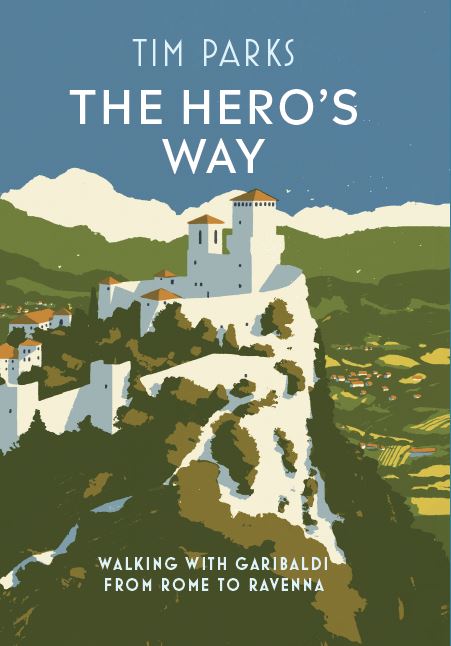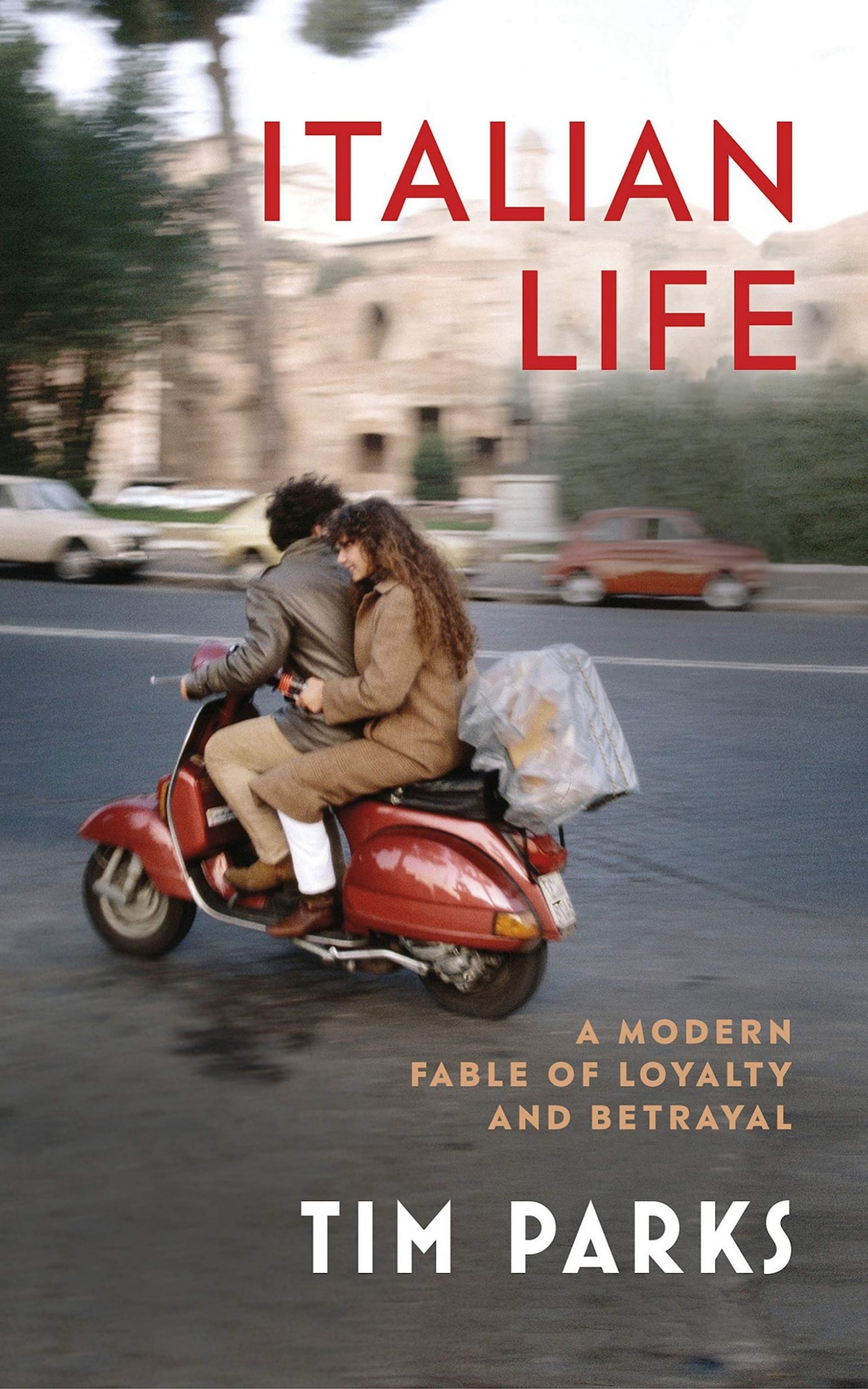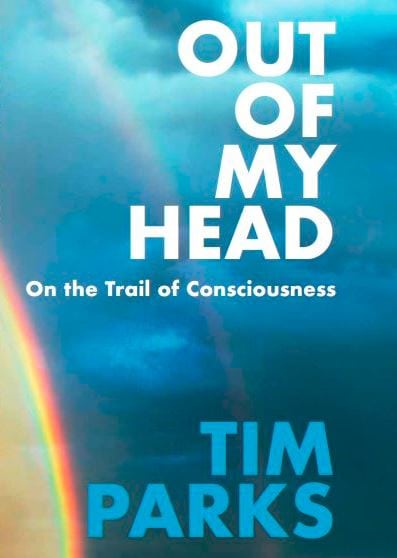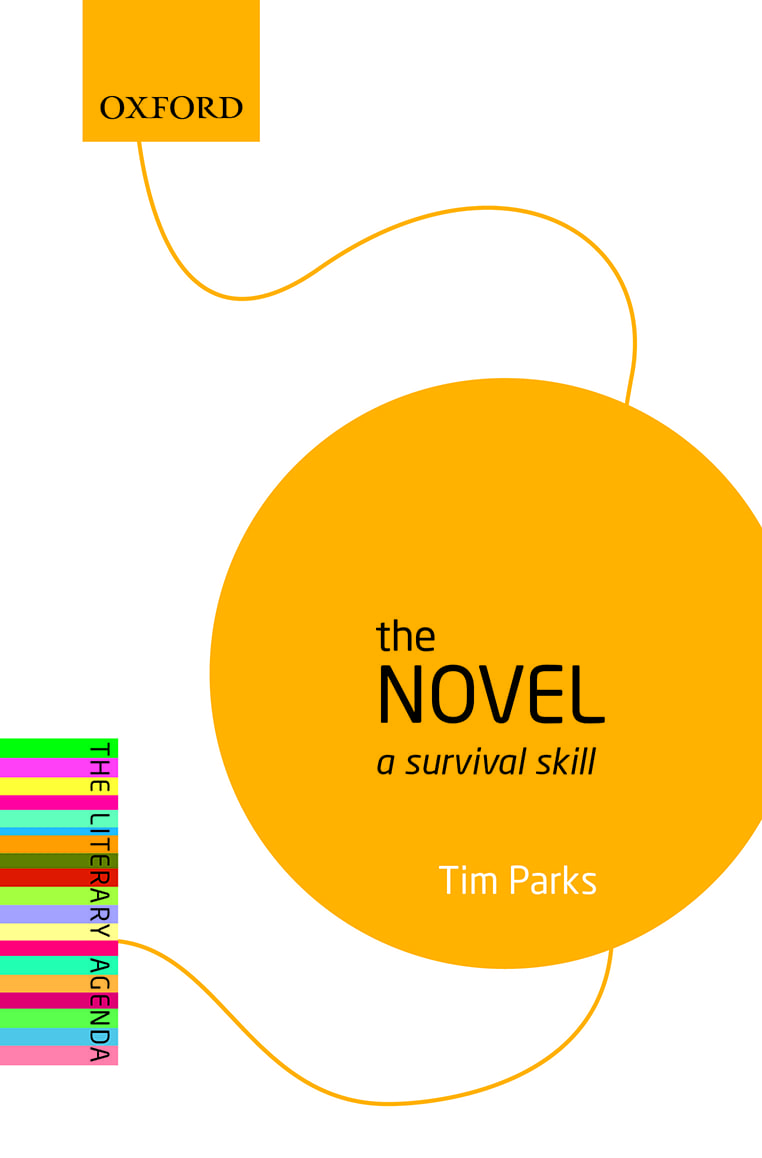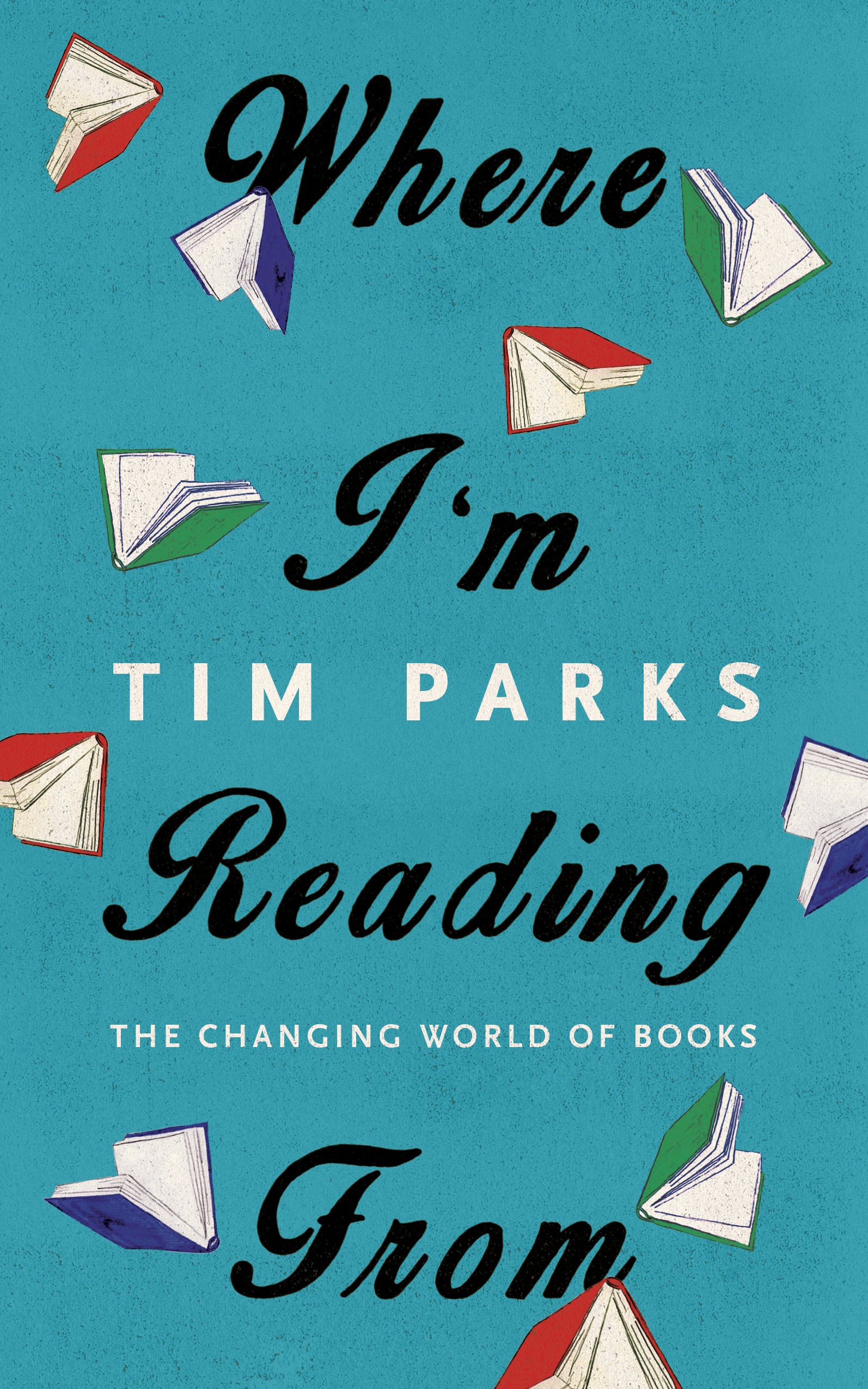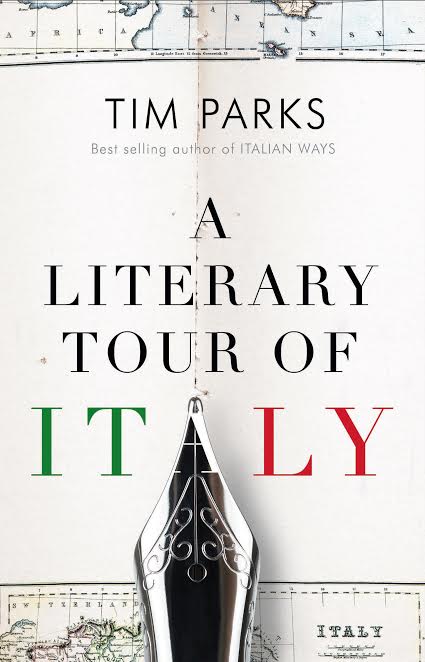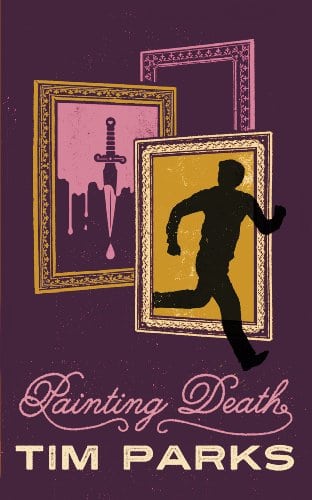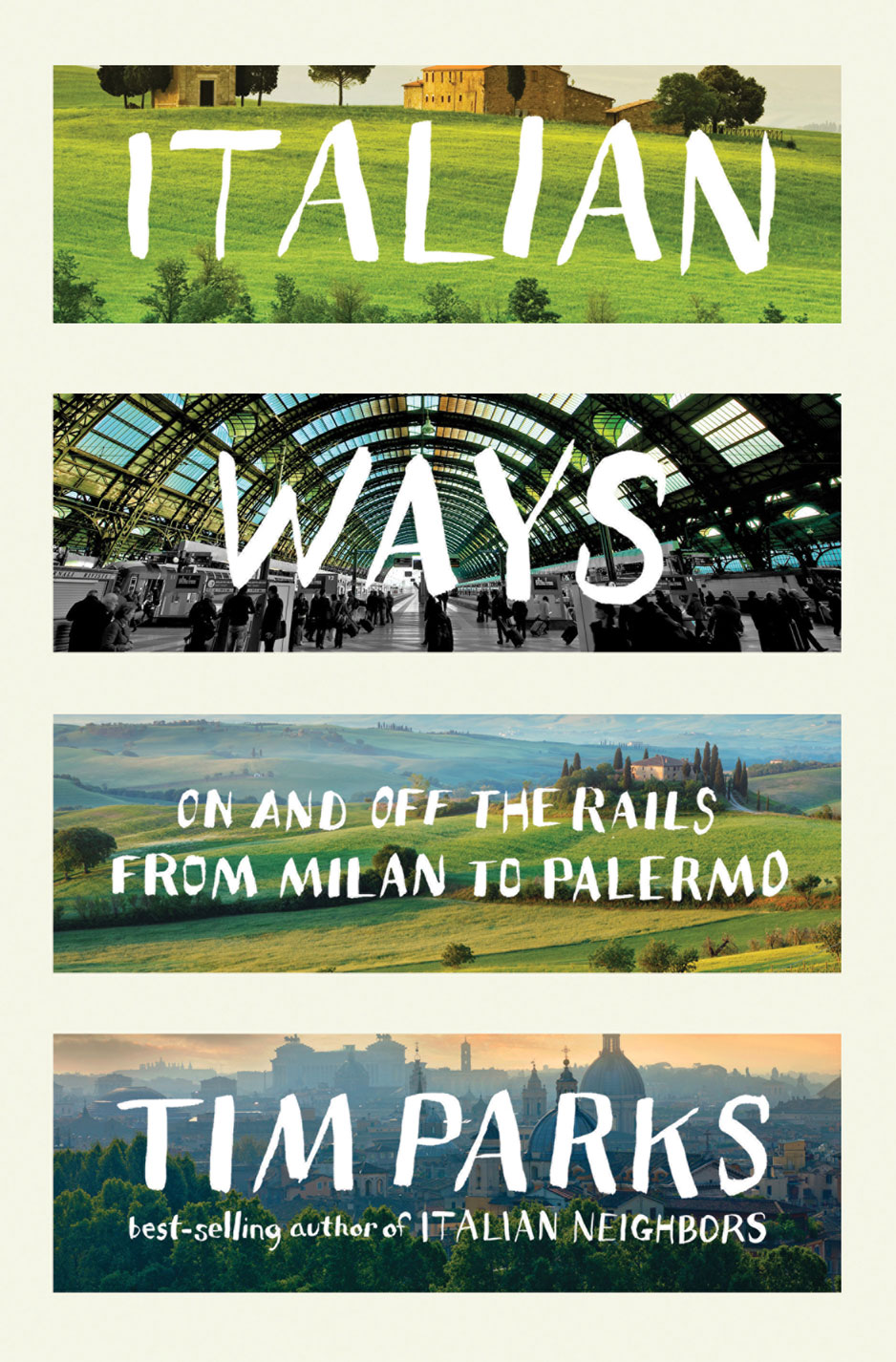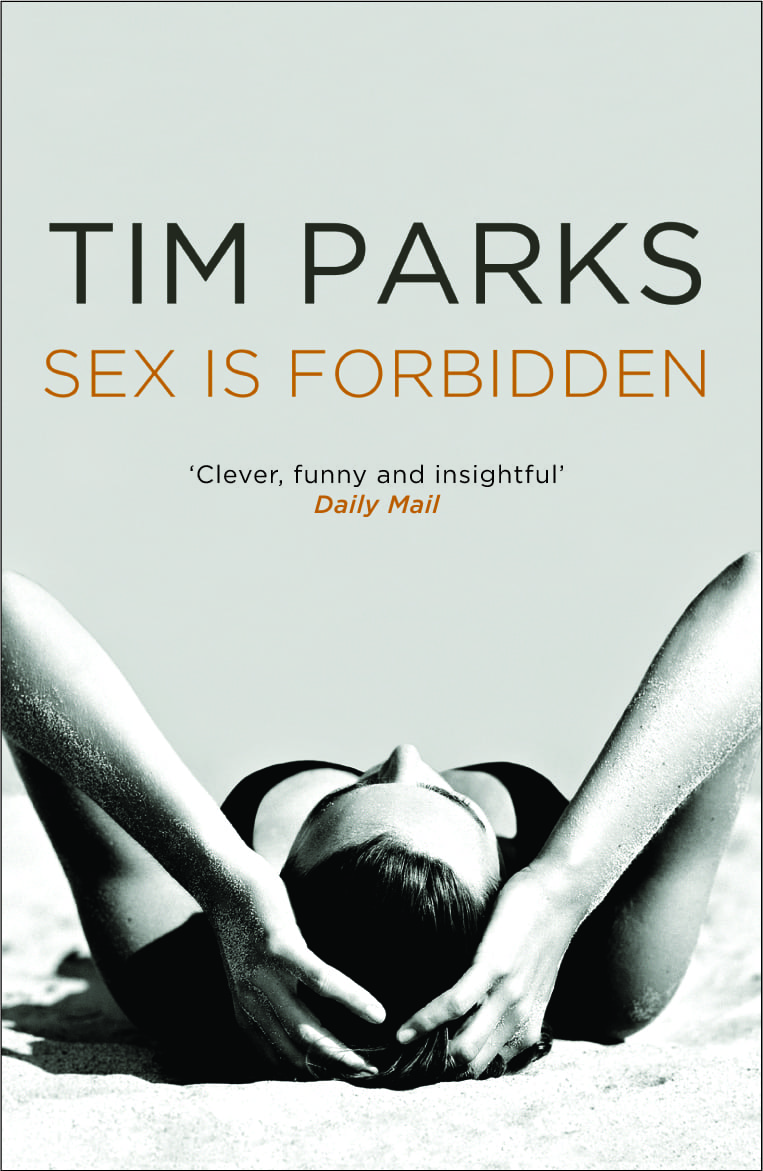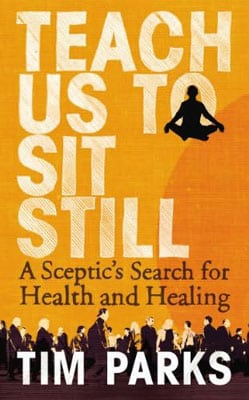That thought occasionally crossed my mind in the many years I disparaged the practice. I had no idea. The cross-legged statuesqueness of it and the beatific Buddha-smile were enough own to put me off. Whatever it was, it stank of prayer. Having escaped my parents’ evangelical aberrations, their exorcisms and speaking in tongues, I was more than happy with a world emptied of all things esoteric. You got busy and used your head and studied and wrote stuff, rational stuff, hopefully witty, and with any luck they would publish you and you would make money, you could afford a house, a car and children and you would become someone. Life presented itself as a task to which I felt I was just about equal, assuming I gave it absolutely all I had. There was no time for sloppy, slithery, New Age nonsense.
Twenty books later, illness struck. Twenty books and as many years teaching in the university and hundreds of articles and of course translations for I had changed language and moved to Italy. But now I couldn’t sit down to write. I had to stand with the laptop on a bookcase. The pains in my bladder were too fierce, the jab in the perineum, the electric shocks down the inside of the groin, a general dull awfulness down there which was definitely an enlarged prostate, the urologist said, but then no it wasn’t that, nor stones, nor bladder cancer, nor any of the other nightmares they tested me for. Eventually the doctors gave up; I was alone, locked up in a life sentence of chronic pain.
It was at this desperate point that a curious book told me all I had to do was breathe. That prolonged fretfulness to achieve had atrophied my muscles deep inside and they were giving the nerves that criss-crossed them a hard time. It sounded feasible. I had nothing to lose.
The idea was to align the heartbeat with the breathing so that the pulse was a little faster on inhalation than exhalation. I couldn’t do it. Too spooky taking my pulse, too complicated timing my breathing. The other instruction was to empty the mind of words and focus on some tension in the body without trying to relax it. Maybe that was doable.
So, at fifty-two for the first time in my life I lay still and shut my eyes for a full hour without meaning to sleep. Two discoveries I made that day are still deeply impressed on my mind.
First: I had about the same chance of stopping the babble of words in my head as of halting a river in flood.
Second: my body was a very different place from what I had imagined. I could have sworn it wasn’t tense at all. “Flex a muscle,” my book advised, “then un-flex, and focus on the afterglow”. I contracted and relaxed a thigh muscle. Suddenly, there it was: tension. And it was intensifying, expanding. The more I stayed still and focused on it the more ferocious it became. I was all ripples and throbs and weird pulses, nothing like the stuff they told you in biology lessons. At some point during my fourth or fifth attempt at this technique, the tension exploded and a great wave of relaxation broke over me. For a minute the pain was gone.
“What you’re doing is meditation,” someone said.
I was having none of it. Meditation was bearded loons handing you secret mantras, it was visualizing bucolic scenes to achieve a better reincarnation.
“Try Vipassana,” he told me. “It’s just breathing and bodywork. And it’s older than ancient.”
It took me about a year to accept that the exercise that was gradually curing me of my chronic pain was the same practice I had been mindlessly despising all my life. As the gate closed behind me for my first Vipassana retreat, I read the words: “Participants must not leave the grounds for the duration of their stay.”
It’s a prison and a school of pain. You take a vow of silence. You sit cross legged nine hours a day, starting at 4.30 am. For ten days. You eat at 6.30 and 11.30, then no more. For the first three days you do nothing but focus on the breath entering and leaving your nostrils. For the remaining seven you explore every inch of your body, observing all the sensations you come across and with just one imperative in mind: not to react either to pleasure or pain.
What do you learn in this school?
That the discomfort you feel sitting cross-legged is directly related to your mental activity which, deprived of all fresh input, reveals itself as an endless churn of self regard, pointlessly rewriting the past, vainly scripting the future, stubbornly avoiding the present.
That the moment you truly focus on your breathing, thought subsides and everything relaxes, everything is easy.
That exploring the body with this intensity over so many days will change forever your perception of what it is and who you are.
That when at long last you do learn not to react to pain, pain itself is much diminished, even irrelevant, while pleasure is the more pleasurable when you learn not to hang on to it.
That the Buddhist context they give you in their evening talks can be taken or left as you please. The meditation works fine without any belief.
That on returning to reality after the ten days it’s as if you were enjoying the opposite of a hangover, an extraordinary mental clarity, together with a new and strange benevolence, as though being part of the human race were not such a bad thing after all. You lose your temper less often.
Every morning since that first of a half dozen retreats I sit for an hour, eyes closed, in this once despised cross-legged position and simply observe whatever sensations the body throws at me. No thinking, no career narrative, just being here, breathing, the mind sinking into the flesh, the flesh becoming mind. It’s very quiet, very still, immensely calming.
Then breakfast. Kids to school. And back to work!
Tim Parks
Author, Translator, Essayist



